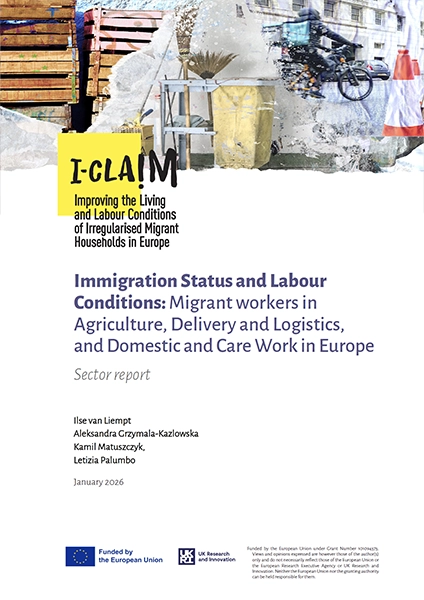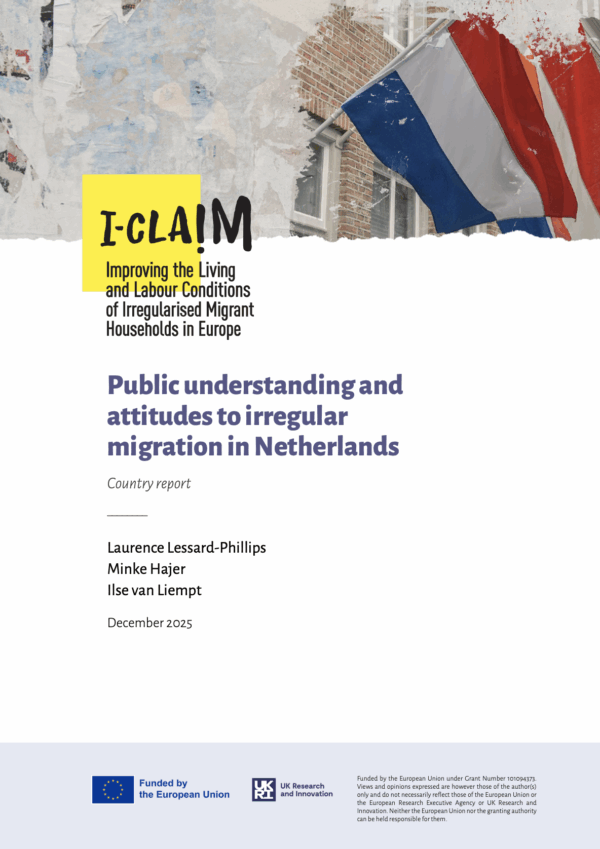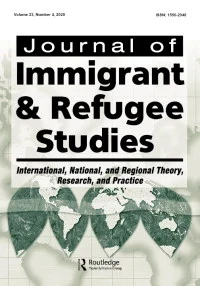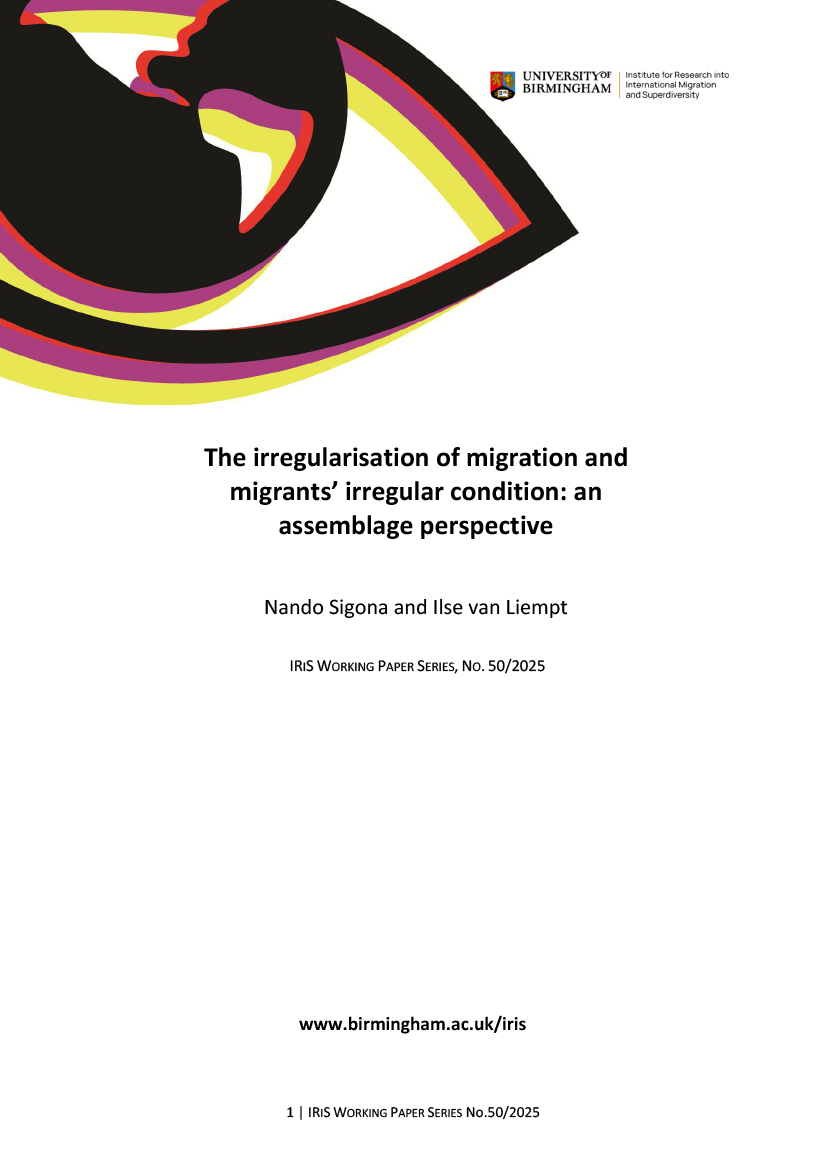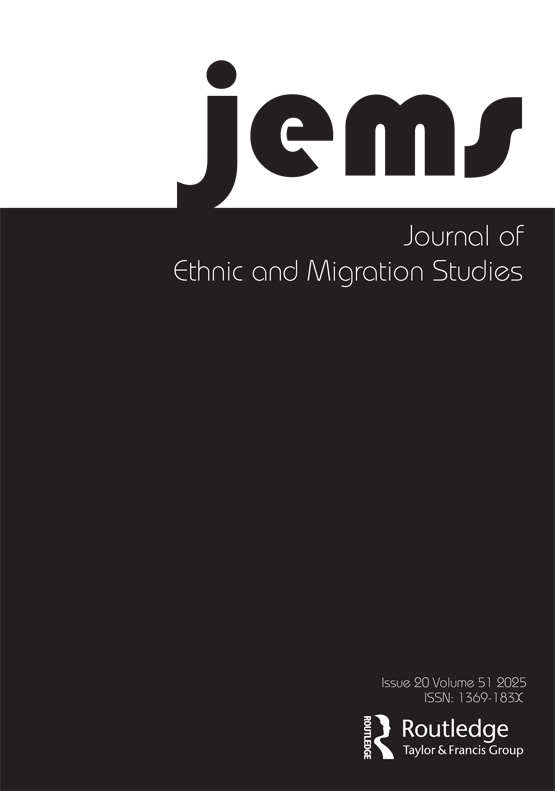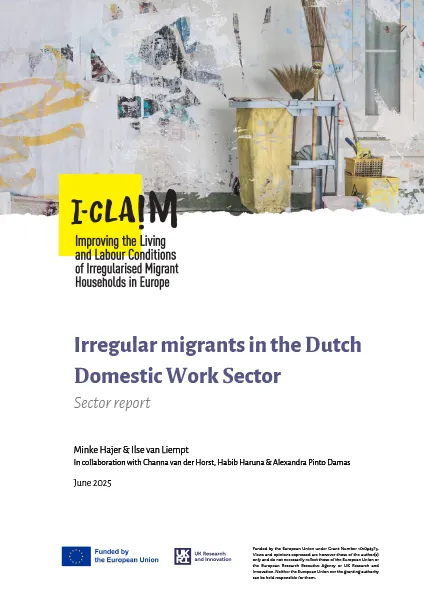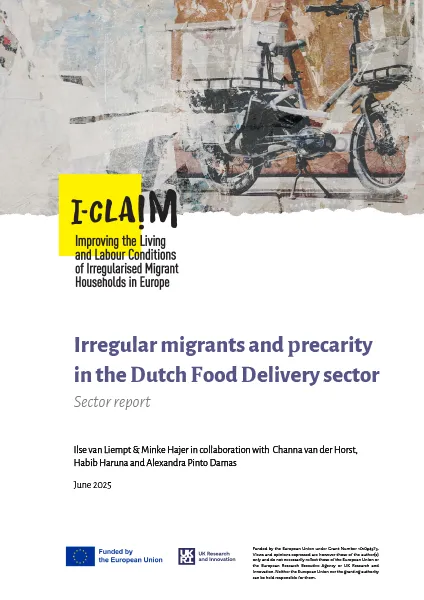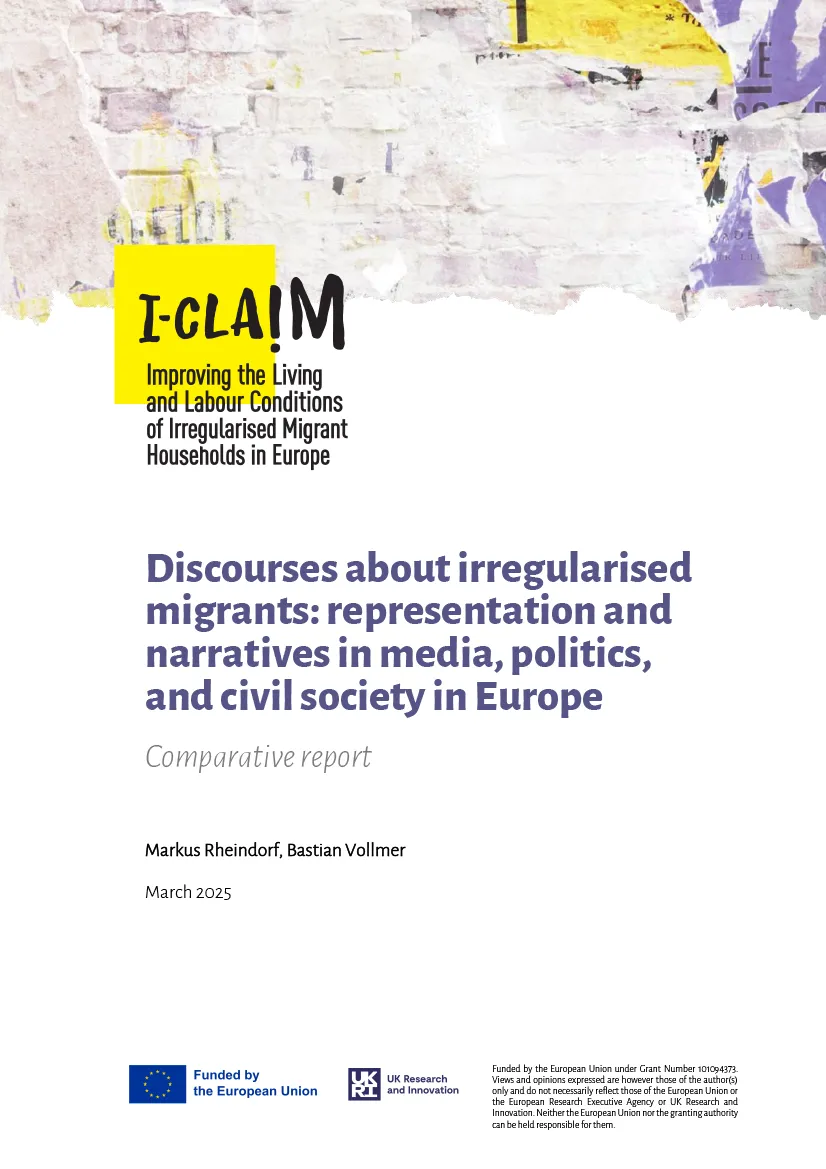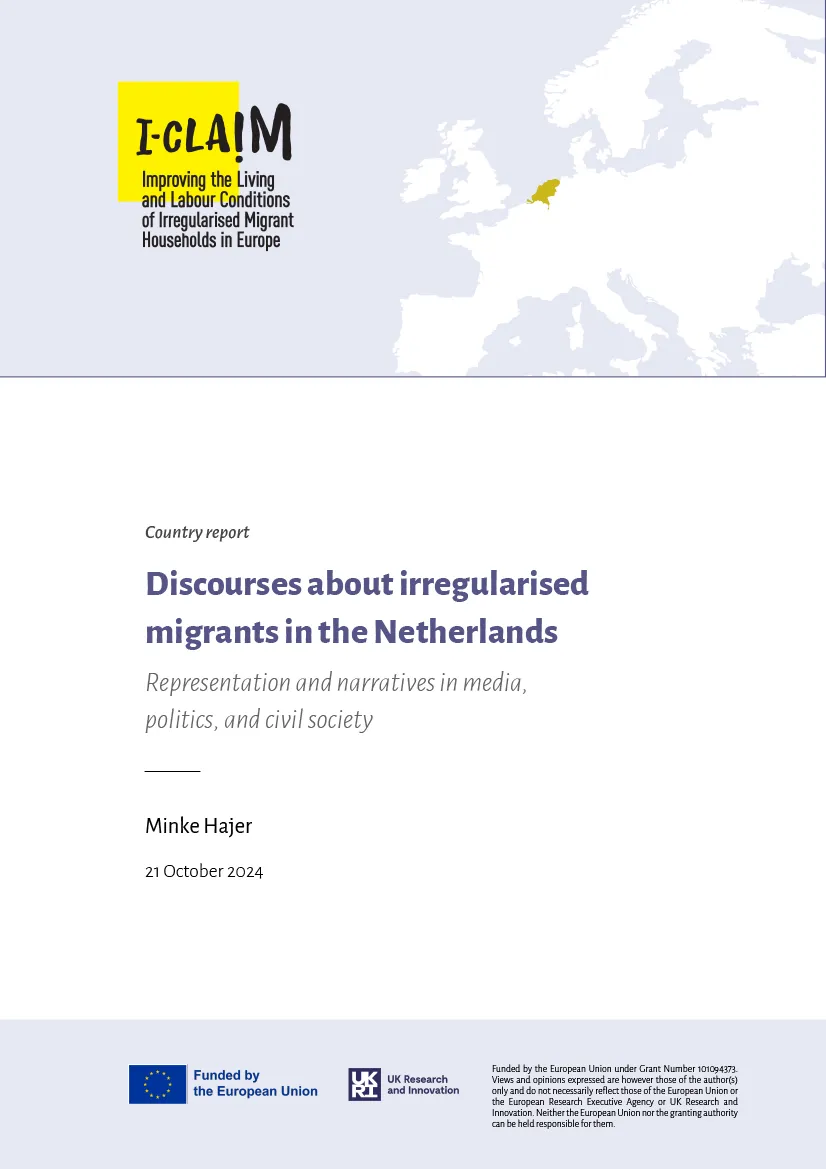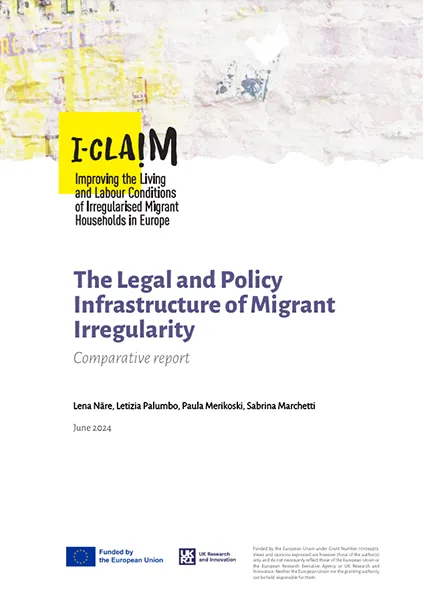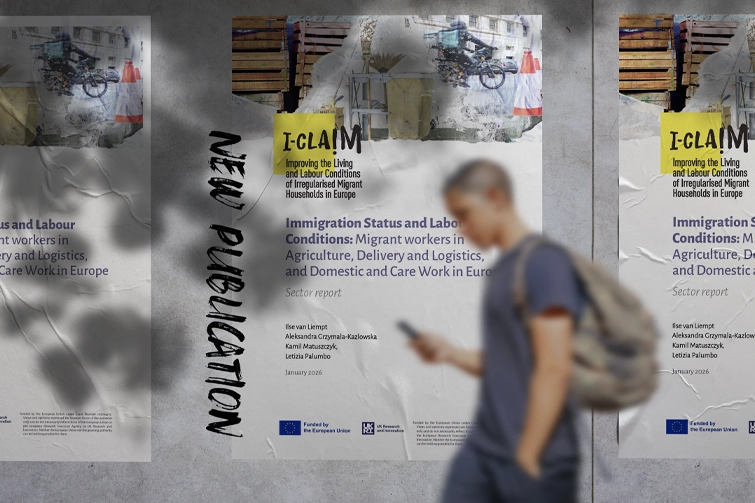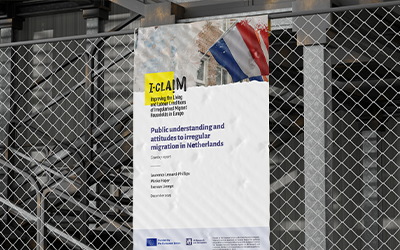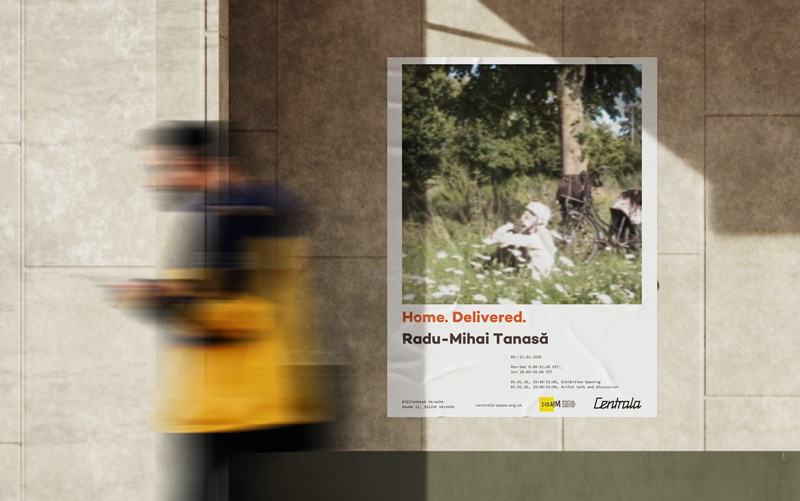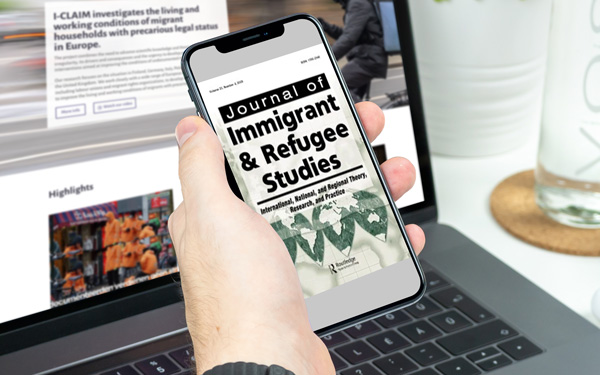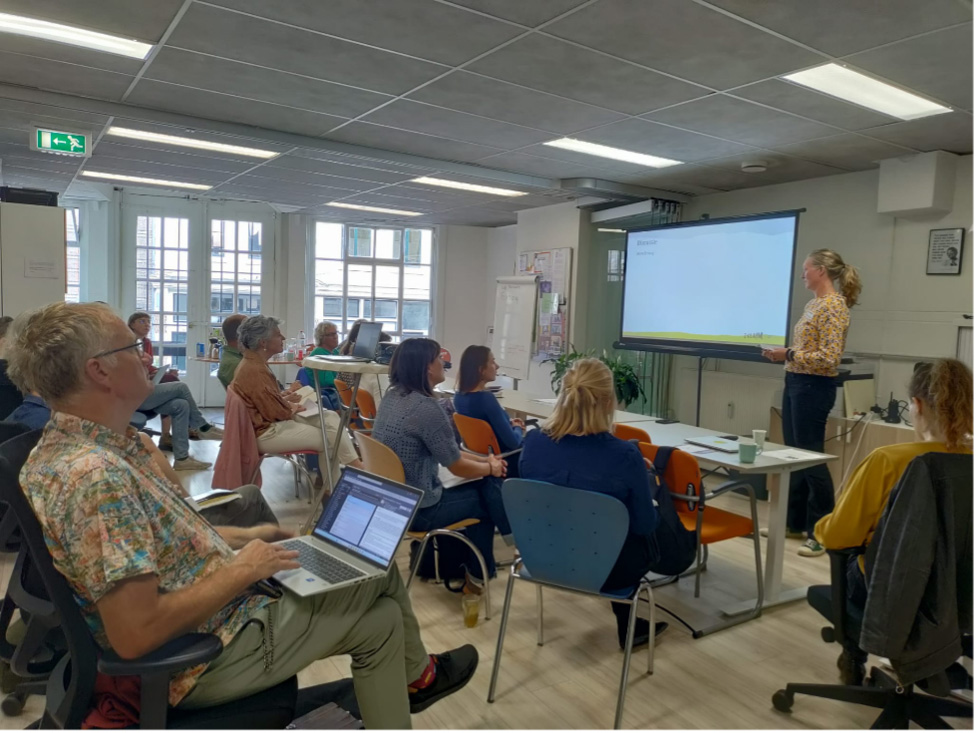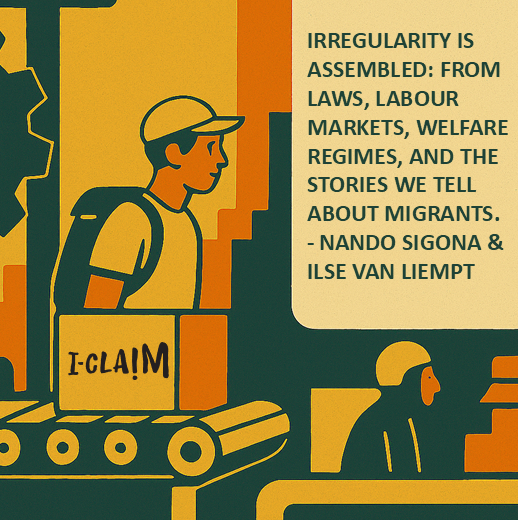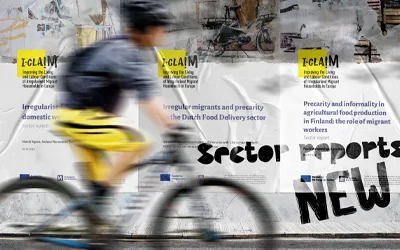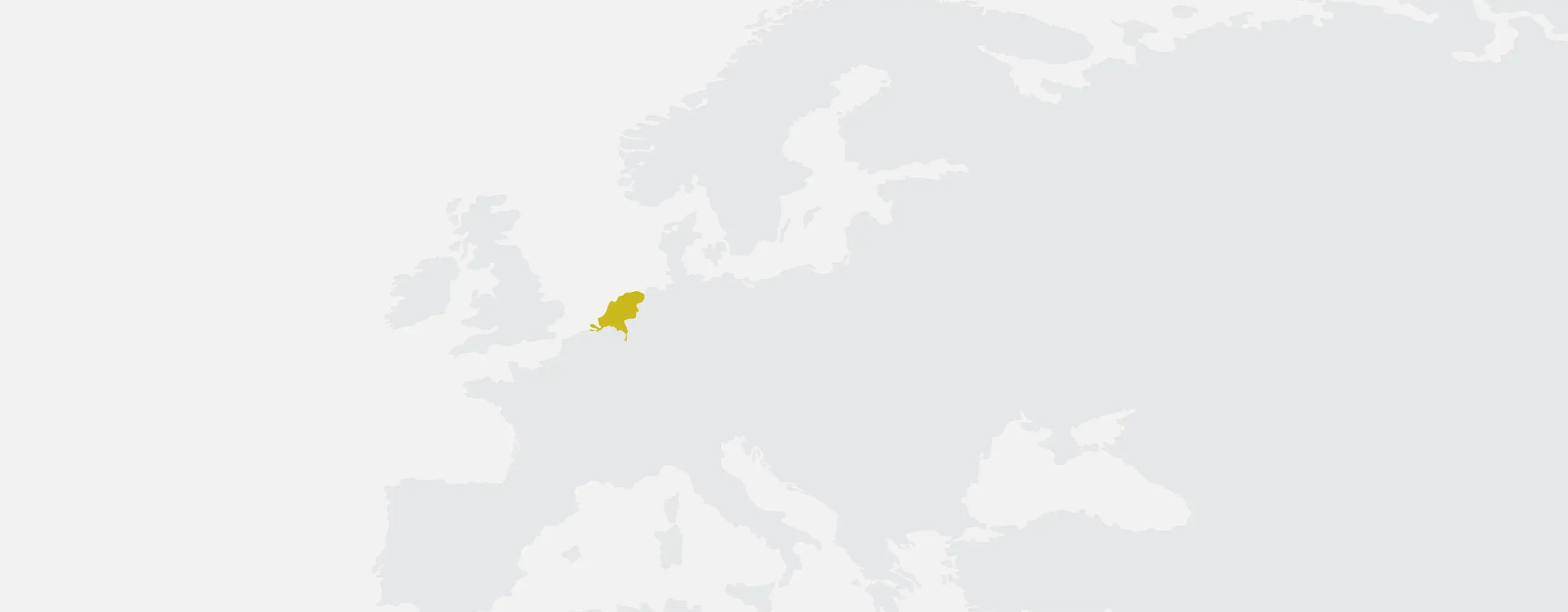
United Kingdom
The Netherlands
Germany
Italy
European Union
Poland
Finland
Country profile
The Netherlands
Research in The Netherlands will be centred around the city of Utrecht and focus on the domestic work and cleaning and logistic and delivery sectors. In Utrecht, an estimated 5000 people live without residence papers, which includes rejected asylum seekers and visa overstayers. For domestic work and cleaning, the most common nationalities are South Asians and Latin Americans, but African migrants are also present. In logistics and delivery, Eastern European workers have a large presence. Utrecht has been at the forefront of developing inclusion measures for asylum seekers and irregular migrants for decades. As the first Dutch city to offer legal support on top of emergency social assistance to irregular migrants, the municipality has longstanding partnerships with civil society and refugee solidarity organisations. Researchers estimate that irregular immigrants in the Netherlands come from as many as 200 source countries. Over time policies and regulations have become stricter, with the obligation to carry identification documents and the Linking Act (Koppelingswet) stipulating that adults without a right of residence no longer have access to public services. While the control and policing of irregular migrants has changed considerably, they continue to fill labour market gaps.
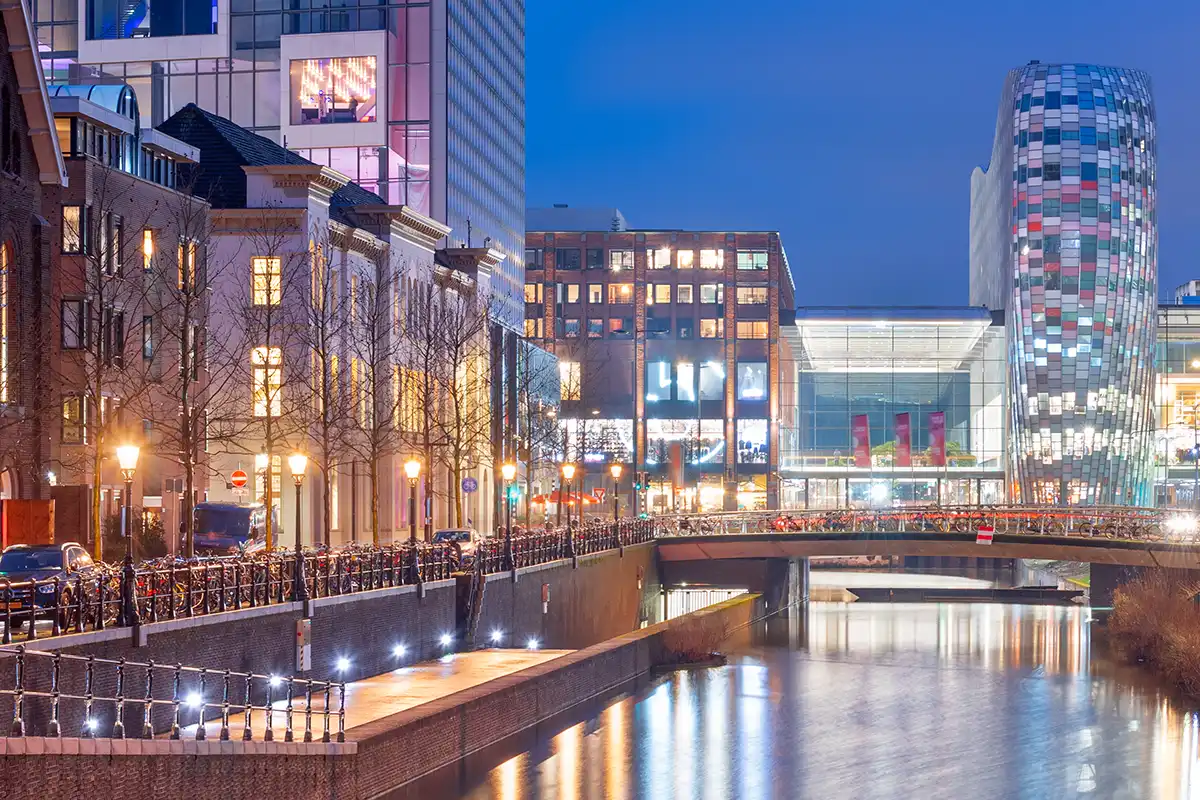
Related publications
Academic Partner:
Utrecht University

Ilse van Liempt
Associate Professor
Principal Investigator, Executive Team member, WP5 Leader

Silvia Spurigan
Project Manager
Project Manager, Executive Team member

Minke Hajer
Post-doctoral researcher
Researcher
Country Engagement Partner
Fair Work

Anna Ensing
Project Coordination, Advocacy and Research
I-CLAIM Partner
